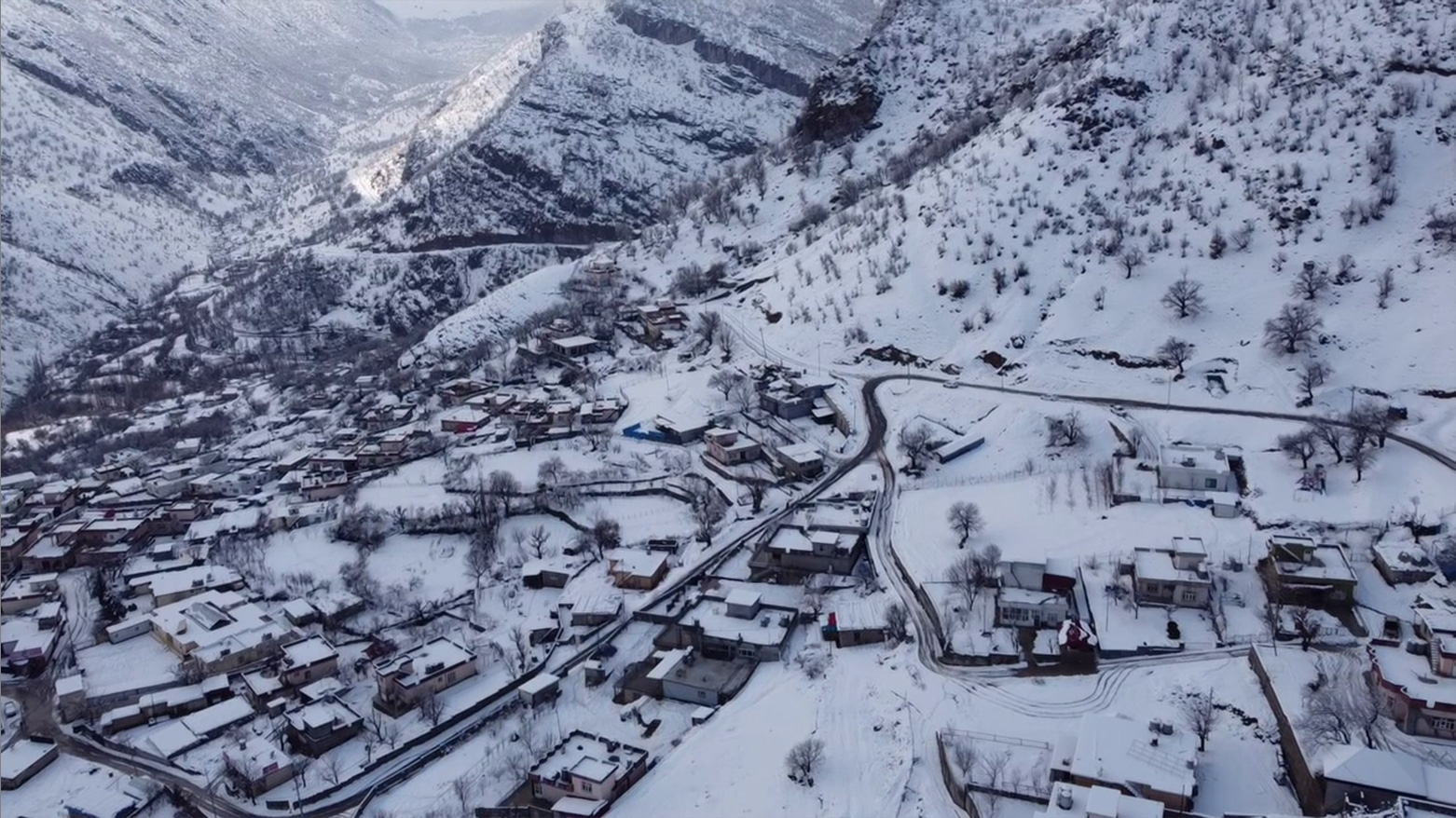Second Wave of Snow, Rain to Sweep Across Kurdistan Region
Meteorologist Mohammed Kamal predicts a second severe weather phase will drop temperatures by 13°C, causing widespread snowfall in mountains and cities.

ERBIL (Kurdistan24) – The Kurdistan Region is set to experience a second wave of intense snowfall and rainfall, with temperatures expected to plummet sharply due to the arrival of polar air masses. Meteorological expert Mohammed Kamal has confirmed to Kurdistan24 that this new weather system will commence on Saturday, and will continue through Monday.
According to Kamal, this second phase of severe weather will see temperatures drop by 13 degrees Celsius, leading to widespread snowfall across both mountainous areas and city centers.
The affected locations include all mountainous regions, the city centers of Sulaimani, Erbil, Halabja, Duhok, and Soran; parts of the Raparin administration area; the Germian heights and Kirkuk plains; as well as Penjwin and its surrounding territories.
Meteorological forecasts indicate that snowfall will be heaviest in the higher-altitude regions, with major cities also expected to witness significant accumulation.
This will result in hazardous travel conditions and potential disruptions to daily life across the Kurdistan Region.
Severe Temperature Drop and Frost Conditions
Kamal warned that between February 22-25, maximum temperatures in urban areas will range between 0 and -2 degrees Celsius, while minimum temperatures may reach an unprecedented -18 degrees Celsius, marking one of the most severe cold waves in recent years.
Residents are advised to prepare for extreme frost conditions, which could persist beyond February 24 even after the primary weather system has passed.
Urgent Warnings and Travel Advisory
Given the severity of the expected cold, Kamal strongly advised residents to avoid all non-essential travel, particularly in mountainous areas, where roads are likely to become treacherous or completely impassable.
He further recommended that the Kurdistan Regional Government (KRG) declare February 23 and 24 as official holidays for schools and businesses to ensure public safety.
Kamal emphasized that while precipitation may be intermittent, the extreme cold and persistent frost could pose serious risks to students, teachers, and the general public.
Long-Lasting Effects of the Cold Wave
Although the main snow and rain system is expected to dissipate by Monday evening, February 24, the frigid temperatures will persist, prolonging the impact of the storm.
Authorities and emergency response teams are preparing for possible power outages, road closures, and an increased demand for heating resources.
Citizens are urged to take necessary precautions, including storing essential supplies and avoiding exposure to extreme cold.